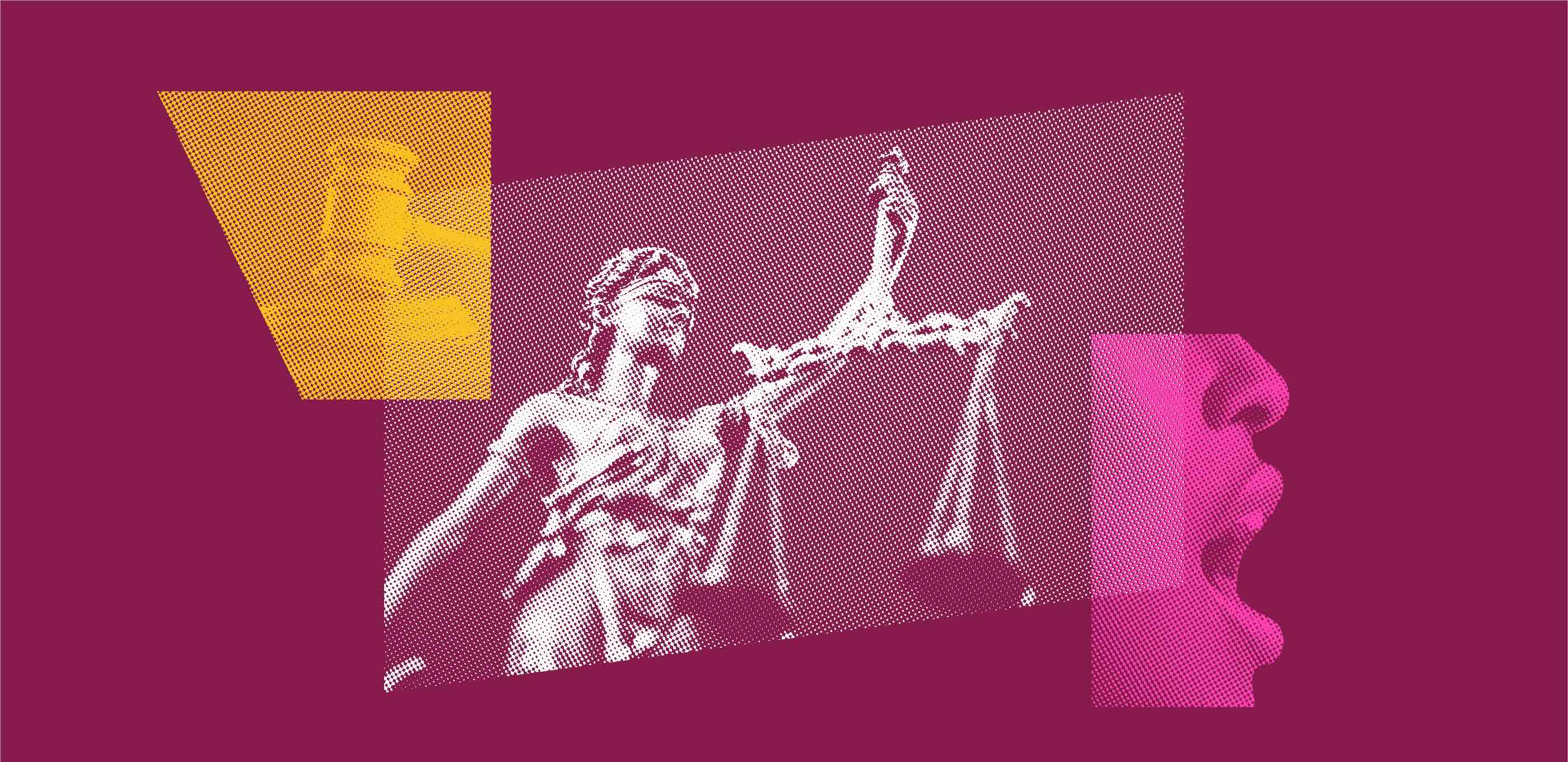
Georgia Latino Alliance for Human Rights, et al. v. Deal
What's at Stake
On June 2, 2011, the ACLU Immigrants’ Rights Project joined with the ACLU Racial Justice Project, the ACLU of Georgia, the Southern Poverty Law Center (SPLC), Asian Law Caucus, the National Immigration Law Center (NILC), and private co-counsel to file a lawsuit challenging Georgia's anti-immigrant law, HB 87, which was inspired by Arizona's notorious SB 1070. The Georgia law authorized police to demand "papers" demonstrating citizenship or immigration status during traffic stops, criminalized Georgians in their daily interaction with immigrants, and made it nearly impossible for individuals without specific identification documents to access state facilities and services.
Summary
The ACLU and its partners brought this lawsuit on behalf of 21 plaintiffs that included labor, human services, and social justice organizations, such as the Georgia Alliance for Human Rights and the Service Employees International Union (SEIU), as well as individually named plaintiffs, including the Republican mayor of Uvalda, Georgia, Paul Bridges, who would be impacted by the law.
The lawsuit charged that the extreme law endangered public safety, invited the racial profiling of Latinos, Asians and others who appear foreign to an officer and interfered with federal law. Specifically, HB 87 unlawfully authorized and required unreasonable seizures and arrests in violation of the Fourth Amendment; restricted the constitutional right to travel freely throughout the United States; and violated the Equal Protection and Due Process Clauses of the U.S. Constitution by unlawfully discriminating against people who hold certain kinds of identity documents.
A preliminary injunction was granted in federal court blocking implementation of the law on June 27, 2011. In March of 2013, the case reached the U.S. Court of Appeals for the 11th Circuit, which blocked certain provisions Georgia’s law and left open the possibility of future challenges to the provision, known as the “show me your papers” that it did not enjoin. The court also determined that states could not criminalize the transporting or harboring of certain immigrants. In March of 2013, a permanent injunction was issued against key portions of the Georgia law.
Know Your Rights: SB1070 Supreme Court Ruling and Georgia's Anti-Immigrant Law
This link will serve content from youtube.com.
Conozca Sus Derechos SB1070 Y La Ley De Immigración En Georgia
This link will serve content from youtube.com.
Legal Documents
-
07/09/2018
Georgia Latino Alliance for Human Rights, et al. v. Deal - Complaint
Date Filed: 07/09/2018
Affiliate: Georgia
Download Document-
07/23/2013
GLAHR v. Deal - Order Granting Supplemental Motion to Dismiss
Date Filed: 07/23/2013
Affiliate: Georgia
Download Document-
03/20/2013
Georgia Latino Alliance for Human Rights, et al. v. Deal - Permanent Injunction
Date Filed: 03/20/2013
Affiliate: Georgia
Download Document-
08/20/2012
Georgia Latino Alliance for Human Rights, et al. v. Deal - 11th Circuit court of Appeals decision, Aug. 20, 2012
Date Filed: 08/20/2012
Affiliate: Georgia
Download Document-
08/20/2012
Georgia Latino Alliance for Human Rights v. Deal - 11th Circuit Opinion
Date Filed: 08/20/2012
Affiliate: Georgia
Download Document-
07/06/2012
Georgia Latino Alliance for Human Rights v. Deal - 11th Circuit Appeal
Date Filed: 07/06/2012
Affiliate: Georgia
Download Document-
07/06/2012
Georgia Latino Alliance for Human Rights v. Deal - Appellees' Supplemental Brief
Date Filed: 07/06/2012
Affiliate: Georgia
Download Document-
07/06/2012
Georgia Latino Alliance for Human Rights v. Deal - Appellees' Supplemental Brief, Exhibit A
Date Filed: 07/06/2012
Affiliate: Georgia
Download Document-
07/06/2012
Georgia Latino Alliance for Human Rights v. Deal - Supplemental Brief of Appellants
Date Filed: 07/06/2012
Affiliate: Georgia
Download Document-
06/27/2011
Georgia Latino Alliance for Human Rights v. Deal - Order Granting Plaintiffs' Motion for Preliminary Injunction and Granting in Part and Denying in part Defendants' Motion to Dismiss
Date Filed: 06/27/2011
Affiliate: Georgia
Download Document-
06/08/2011
Georgia Latino Alliance for Human Rights v. Deal - Brief in Support of Motion for Preliminary Injunction, Exhibits A-M
Date Filed: 06/08/2011
Affiliate: Georgia
Download Document-
06/08/2011
Georgia Latino Alliance for Human Rights v. Deal - Brief in Support of Motion for Preliminary Injunction
Date Filed: 06/08/2011
Affiliate: Georgia
Download DocumentPress Releases
Federal Court Blocks Key Parts of Georgia and Alabama’s Anti-Immigrant Laws
ACLU Asks Appeals Court to Block Anti-Immigrant Laws in Georgia and Alabama
Federal Court Blocks Georgia’s Anti-Immigrant Law
La ACLU, la NILC y una coalición de grupos de derechos civiles entablan demanda impugnando ley “Muéstreme sus papeles” de Georgia
ACLU, NILC and Civil Rights Coalition File Lawsuit Challenging Georgia "Show Me Your Papers" Law
Georgia Legislature Passes Racial Profiling Law

